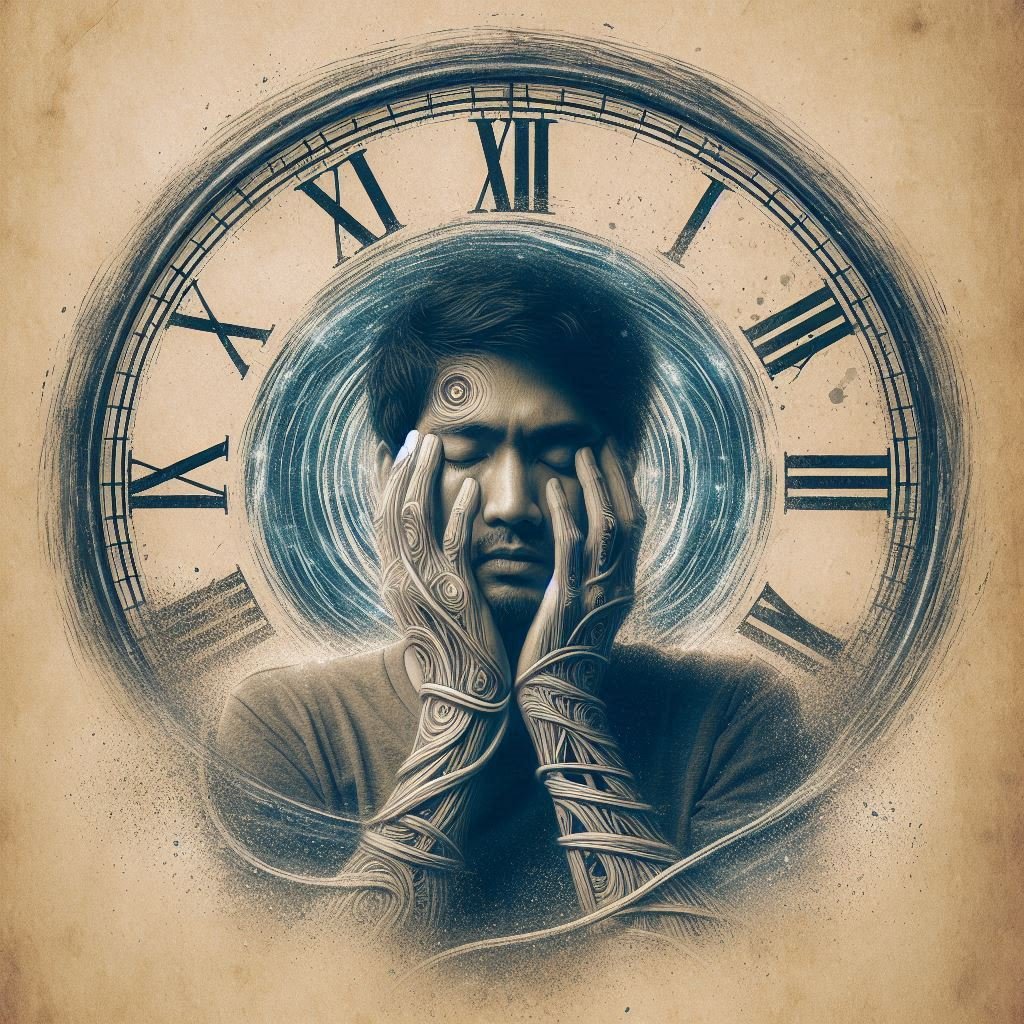The Impact of Parental Brain Injuries on Children: Insights from Johnny Knoxville’s Story and Support from The Supported Living Group
Parental brain injuries can have profound psychological and emotional impacts on children, as illustrated by Johnny Knoxville's story after his injury during the filming of Jackass Forever. Knoxville’s children, frightened by his recovery and changed behavior, reflect the uncertainty that brain injuries create within family dynamics. When a parent suffers a brain injury, children often experience fear, confusion, and emotional strain as they watch their parent navigate the complexities of recovery.
Protecting Our Youth: The Hidden Dangers of High School Contact Sports and the Rising Threat of Fatal Brain Injuries
In recent weeks, the tragic deaths of two high school football players in Alabama due to brain injuries have highlighted a deeply concerning issue: the inherent dangers of contact sports in high schools. These incidents underscore a problem that is often downplayed or ignored in our culture's fascination with sports—a problem that warrants urgent attention and serious reflection.
Understanding Perseveration After Brain Injury: Overcoming Memory Loops
Perseveration, or the uncontrollable repetition of a thought, word, or action, is a common issue following a brain injury. This phenomenon can manifest as persistent memory loops, where individuals continuously relive moments from their lives before the injury. These repetitive cycles can severely impact their ability to move forward and engage with their current lives.
Understanding Aphasia After a Brain Injury: Highlighting June as Aphasia Awareness Month
Traumatic brain injuries (TBIs) can lead to a host of complications, one of the most profound being aphasia. Aphasia is a language disorder that affects a person’s ability to communicate, significantly impacting their quality of life. Understanding the potential impact of aphasia after a brain injury is crucial for providing appropriate support and care.




